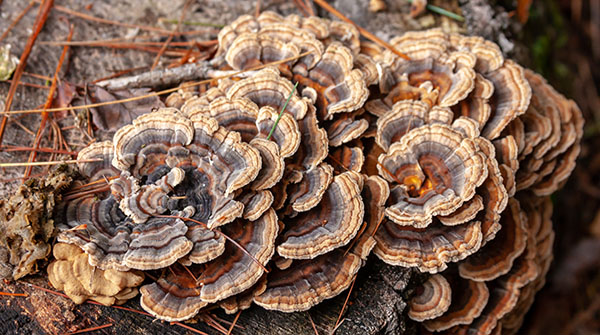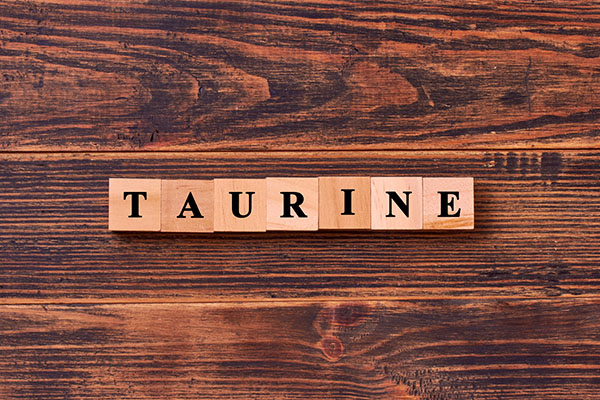Study: Bioavailability and effects of iodine intake through seaweeds in Arctic people
11/06/2019 // Evangelyn Rodriguez // Views
Tags: diet, food cures, functional food, goodfood, goodhealth, goodscience, iodine, nutrients, seaweed, superfoods, thyroid health

- Dietary iodine is important for the maintenance of human health. People with low or high iodine intake are at great risk of developing diseases.
- Seaweed is naturally rich in iodine is a common component of Asian and Arctic cuisines. But while the impact of seaweed intake is well-studied in Asian populations, data of its effect of Arctic people is lacking.
- To remedy this, the researchers studied household seaweed from East Greenland by measuring its iodine content and analyzing the urine samples of eight individuals given 45 grams of seaweed to ingest.
- In Ammassalik -- an island in southeastern Greenland -- 96 percent of Inuit aged 50 to 69 also reported the frequency of their seaweed intake and provided spot urine samples for iodine measurement.
- The researchers reported that the two seaweed species they received were Chondrus crispus and Ascophyllum nodosum. The two species contained 47 and 102 milligrams (mg) of iodine per gram of seaweed, respectively.
- Within two days, an estimated 1.1 and 1.9 mg of the ingested 2.1 and 4.6 mg of iodine in the two species were excreted by the participants through their urine.
- Two in three Inuit reported eating seaweeds; 41 percent (109 of 268) reported eating seaweed weekly. This was associated with iodine excretion.
Based on these results, the researchers concluded that the iodine content of edible seaweeds in the Arctic is very high and bioavailable. However, while seaweed intake allows Arctic people to meet their dietary iodine requirements, marked variation in their iodine excretion calls for evaluation of the impact of seaweed intake on their thyroid function.
Journal Reference:
Andersen S, Noahsen P, Rex KF, Florian-Sorensen HC, Mulvad G. IODINE IN EDIBLE SEAWEED, ITS ABSORPTION, DIETARY USE, AND RELATION TO IODINE NUTRITION IN ARCTIC PEOPLE. Journal of Medicinal Food. 15 April 2019;22(4):421–426. DOI: 10.1089/jmf.2018.0187
Related Topics
diet food cures functional food goodfood goodhealth goodscience iodine nutrients seaweed superfoods thyroid healthLatest News
Related News
07/10/2023 / By Zoey Sky
07/04/2023 / By Olivia Cook
07/02/2023 / By Evangelyn Rodriguez
06/28/2023 / By Olivia Cook
06/27/2023 / By Ethan Huff
06/21/2023 / By Evangelyn Rodriguez
Take Action:
Support Natural News by linking to this article from your website.
Permalink to this article:
Copy
Embed article link:
Copy
Reprinting this article:
Non-commercial use is permitted with credit to NaturalNews.com (including a clickable link).
Please contact us for more information.
Please contact us for more information.






















